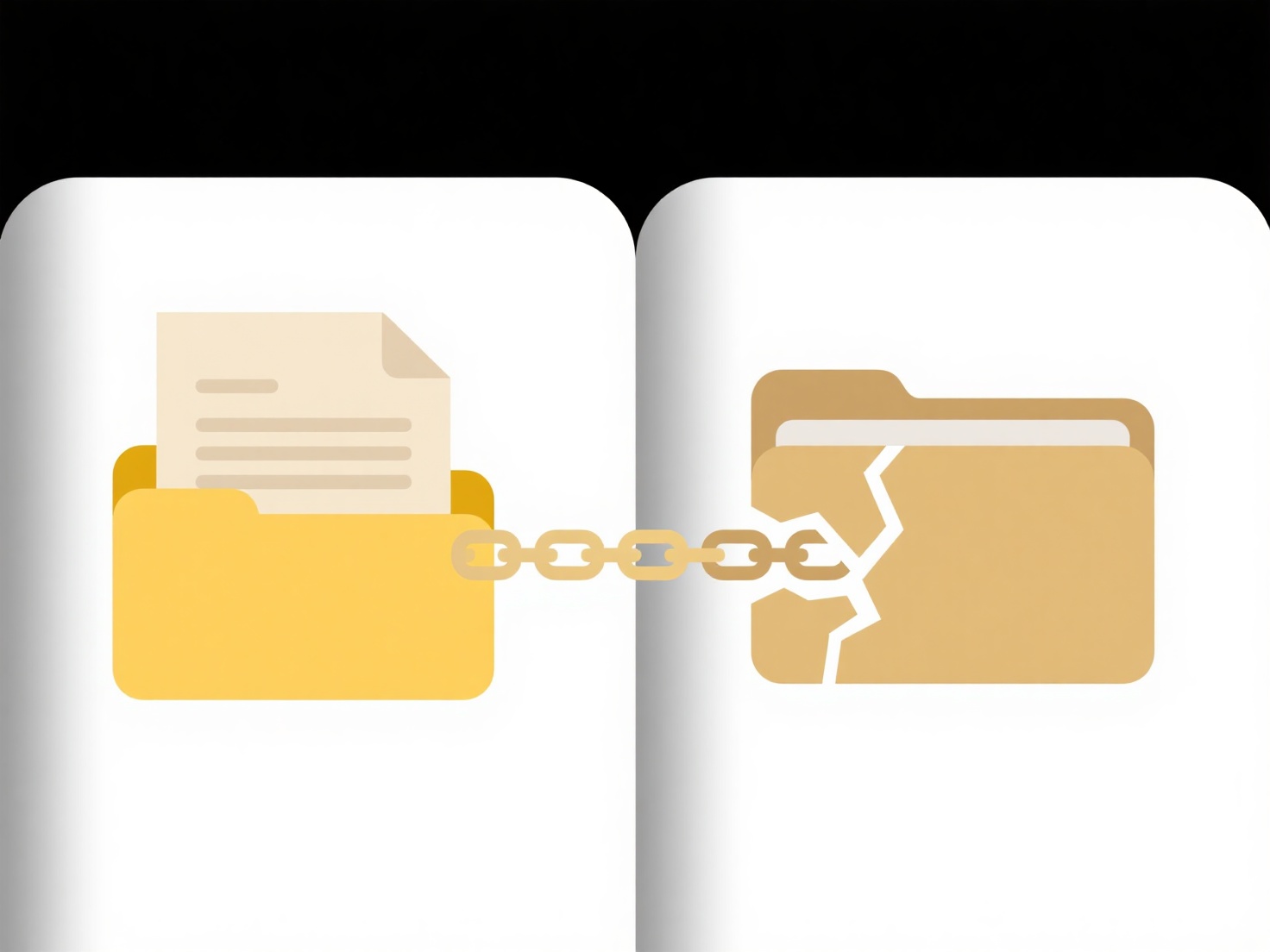
Saving confidential files on a shared computer securely requires special precautions. Unlike storing files privately on your personal device, a shared computer means others have physical access, increasing risks like unauthorized viewing, copying, or deletion. The key is using encryption – scrambling the data so only authorized users with the correct key (like a password or certificate) can unlock it – combined with strict access controls.
Practically, this often involves password-protected encrypted containers or folders. Individuals commonly use tools like VeraCrypt to create encrypted virtual drives where files are stored safely. In workplaces, especially regulated industries like finance or healthcare, companies might enforce policies using centralized enterprise encryption software or store files only on secure network drives requiring individual logins, not on the shared computer's local drive itself.

While encryption is highly effective against casual access, limitations exist: someone with administrator rights on the shared computer might potentially bypass some measures, physical theft remains a threat, and user error (like forgetting passwords) can cause data loss. Ethically, organizations must ensure this security to protect user privacy and meet compliance requirements (like GDPR or HIPAA). For true confidentiality on shared systems, encryption combined with robust access management is essential, not optional.
Can I save confidential files securely on a shared computer?
Saving confidential files on a shared computer securely requires special precautions. Unlike storing files privately on your personal device, a shared computer means others have physical access, increasing risks like unauthorized viewing, copying, or deletion. The key is using encryption – scrambling the data so only authorized users with the correct key (like a password or certificate) can unlock it – combined with strict access controls.
Practically, this often involves password-protected encrypted containers or folders. Individuals commonly use tools like VeraCrypt to create encrypted virtual drives where files are stored safely. In workplaces, especially regulated industries like finance or healthcare, companies might enforce policies using centralized enterprise encryption software or store files only on secure network drives requiring individual logins, not on the shared computer's local drive itself.

While encryption is highly effective against casual access, limitations exist: someone with administrator rights on the shared computer might potentially bypass some measures, physical theft remains a threat, and user error (like forgetting passwords) can cause data loss. Ethically, organizations must ensure this security to protect user privacy and meet compliance requirements (like GDPR or HIPAA). For true confidentiality on shared systems, encryption combined with robust access management is essential, not optional.
Quick Article Links
What’s the difference between storing and organizing files?
Storing files refers to the basic act of preserving digital data like documents, images, or programs on a storage medium...
How to organize resumes, cover letters, and job application materials?
How to organize resumes, cover letters, and job application materials? Organizing job application materials involves g...
Can hackers access my files while using Wisfile?
Can hackers access my files while using Wisfile? No, Wisfile processes your files entirely offline on your local devic...